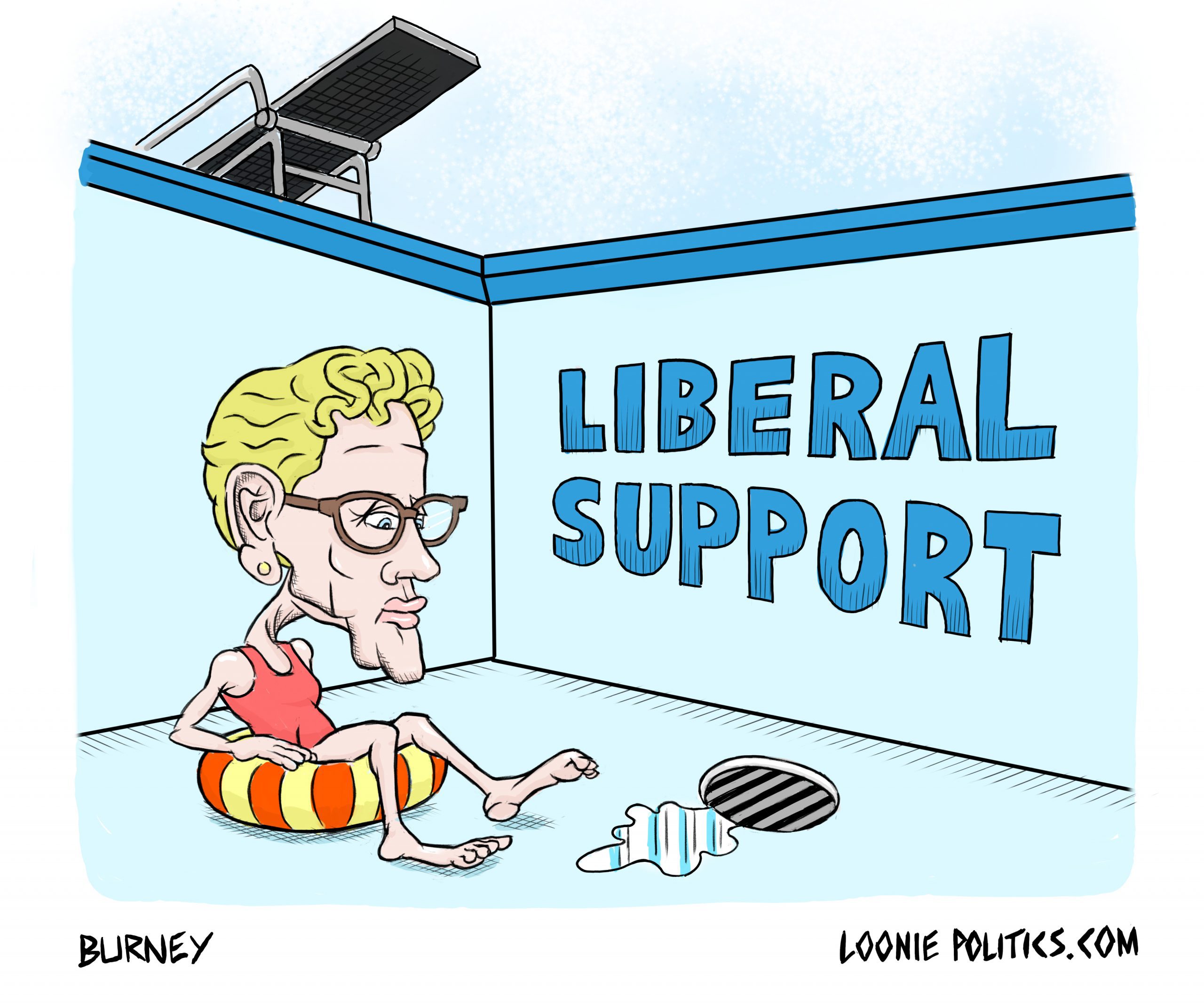If you're a fan of political irony, then I strongly suggest you keep an eye on the upcoming Ontario provincial election.
I say that because, interestingly, the same communications weapon which Ontario Liberal Premier Kathleen Wynne so effectively wielded to demolish her opponents in the last provincial election could now be used in the next provincial election by her opponents to effectively demolish her.
The "communications weapon" I'm referring to is — "negativity."
My point is, just as Wynne lived by the "attack ad", her political career could die by the "attack ad".
So why do I think Wynne is so vulnerable to negativity?
Well, before I answer that question, let's first go back to a time when negativity was her friend.
And that time was in 2014, when polls were showing that Ontario voters were more or less fed with up with the Liberal regime.
With her back up against an electoral wall, Wynne (aided by her powerful union allies) went on the offensive and basically painted then Progressive Conservative Party leader Tim Hudak as some sort of dangerous right-wing ogre who planned to brutally gut the province's public sector.
In other words, the Liberal electoral message wasn't "Vote for Wynne because she's awesome", it was "Vote Against Hudak because he's a lunatic."
That is what you call "negative" campaigning.
And it worked in something of a political upset, Wynne ended up scoring an impressive majority government victory, proving beyond doubt that negative messages can carry a powerful wallop.
Yet, that doesn't mean positive messaging has no place in a political campaign.
As a matter of fact, if properly executed, a positive message can help make a candidate more likable, which is important for two reasons.
First off, and most obviously, voters are usually more willing to support candidates they like; former US president Ronald Reagan, for instance, owed much of his political success to his inherent likability.
Secondly, and just as importantly, if voters regard a politician favorably, it means they're also more likely to believe and trust that politician.
This is why political parties spend a ton of money on those "fluffy" positive TV ads, you know the ones I mean; they might feature a politician strolling along a beach hand in hand with his or her spouse; or maybe the candidate is sitting on a couch surrounded by his or her adorable children; or maybe the candidate is playing fetch with his or her cute dog, "Muffy."
Yeah, such positive ads can be nauseatingly saccharine, but like their negative counterparts, they serve a key strategic function.
So at any rate, what does all this have to do with Wynne?
Well, under Wynne, the Ontario Liberal communication strategy has always been focused more on the negative than on the positive.
As a result, Wynne faces what might be called a "positivity deficit."
Or to put that more simply, the Ontario Liberals haven't found a way to convince voters to like their leader.
And if voters don't like Wynne, it also likely means they don't trust her.
And this matters because it could potentially blunt the current Liberal strategy of offering Ontario voters lots of goodies, i.e. a lot more spending on social programs.
Normally, of course, offering goodies is a winning tactic, since, (close your eyes fiscal conservatives) voters love getting "free" stuff from government.
In this case, however, both the PCs and the NDP have an effective negative counterattack to offset Liberal generosity, i.e. they can say something like, "Yes, those Liberal promises sound great, but remember you can't trust the Liberals to actually deliver on any of them, because they're deceitful."
Such a line could resonate because voters are always ready to believe bad things about politicians they already dislike.
Plus, the NDP can even take it one step further and say, "Hey voters, we will deliver all those goodies too, but our leader is more likable than the evil Wynne!"
So yes, the political stage is all set for Wynne to get hoist on her own negative petard.
Some might call that "poetic justice", but I'd just call it normal politics.
Photo Credit: Jeff Burney, Loonie Politics






